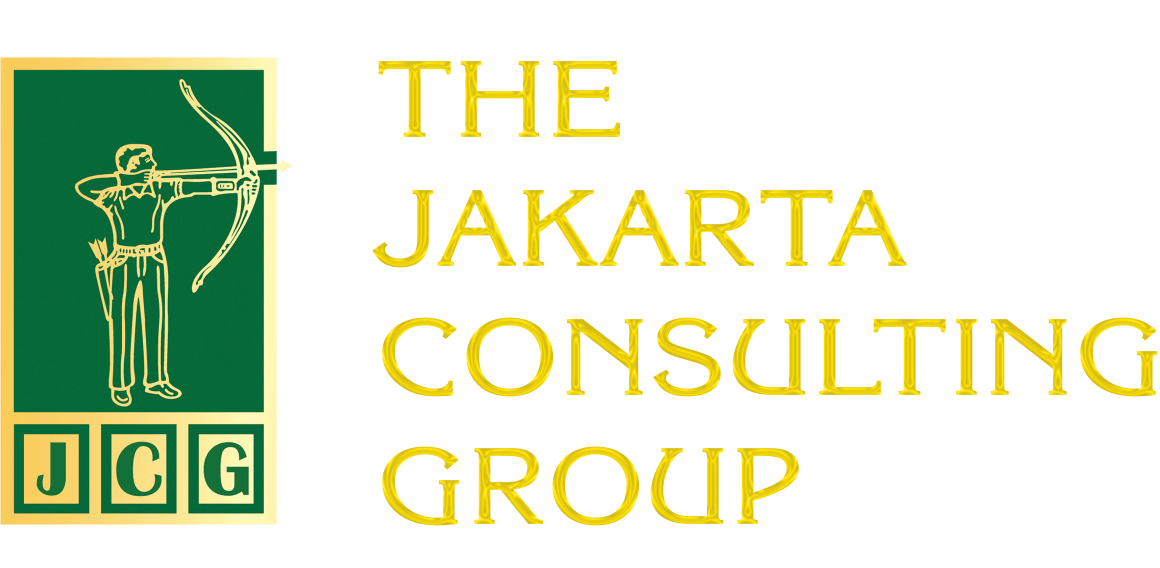We are all familiar with the expression “don’t judge a book by its cover.” This expression sounds wise, even ideal. However, this is not always the case, including in the workplace. Various studies show that physical appearance can influence the selection process, promotions, and even salary. This phenomenon is known as “beauty privilege”—the social advantage someone gains because they are considered physically attractive.
In the workplace, beauty privilege can manifest in various ways. Someone might be called for an interview more easily, given greater responsibilities, or deemed more competent. All because of their appearance. Yet, there is not always evidence to support the claim that physical attractiveness correlates with job performance.
Physical Appearance and Its Benefits in the Workplace
A study from Harvard revealed that individuals considered attractive tend to secure jobs faster. They also earn an average of 10–15 percent higher salaries compared to workers deemed less attractive. Surprisingly, this bias persists even in situations that should be objective, such as performance evaluations.
So, how much does beauty privilege actually influence career success? Is appearance really the main determinant of a person’s success?
The answer lies in a psychological tendency called the halo effect—when a positive impression of one aspect of a person (e.g., attractive appearance) unconsciously influences judgments about other unrelated aspects, such as work ethic or technical skills.
In a competitive work environment, first impressions often matter. Unconsciously, recruiters or supervisors tend to value candidates or employees who fit their expectations—whether in terms of dress style, posture, skin colour, or facial expressions.
Beauty Privilege is Unfair
Unfortunately, beauty privilege creates injustice. Qualifications and professionalism can be marginalized simply because they do not meet certain appearance standards. Furthermore, this condition reinforces prejudices against certain groups.

For example, women who do not wear makeup or dress modestly are often perceived as less serious. Meanwhile, men with certain styles are more easily labeled as “authoritative” or “natural leaders.” In some workplaces, appearance can even become an invisible barrier that limits equal opportunities.
Appearance remains important. Maintaining one’s appearance is still relevant in a professional context as it is part of non-verbal communication. Dressing neatly, cleanly, and appropriately for the situation demonstrates respect for oneself and the work environment. What should be avoided is making appearance the sole criterion for determining whether someone deserves a promotion, recognition, or additional opportunities.
Every employee should look professional. Dress appropriately for the role, maintain cleanliness, and pay attention to body language. However, using physical attractiveness to gain an advantage that is not commensurate with qualifications is a wrong practice.
How Should Companies Respond Beauty Privilege?
To minimize beauty privilege, organizations need to be aware of and discourage the tendency to judge based on appearance. Avoid stereotypes, which are subjective preconceptions that generalize individuals based on their outward appearance.
Use clear, objective, and measurable criteria in the selection, promotion, and performance evaluation processes. Elements such as “attractive appearance” should only be used when directly relevant to the requirements of a particular role.
Meanwhile, for employees or candidates, focus on competence, work results, and real contributions—not on outward appearance. There is no need to get caught up in social pressure that demands excessive changes in appearance in order to be accepted or recognized. Instead, build your reputation through achievements, expand your professional network, and strengthen your personal brand by highlighting the value you bring to the organization and society.
Beauty privilege may never completely disappear, as humans naturally judge based on visuals in everyday interactions. However, with collective awareness, we can build a fairer workplace—where appearance is not the sole key to success, and competence remains the primary benchmark. Organizations play a crucial role in promoting objectivity and fostering an inclusive work culture. Appearance may be an added value at the beginning. But in the end, it is integrity, expertise, and real contributions that make a person’s career shine.
Related Posts:
15 Million Rupiah Salary Standard: Symbol of Hope or Illusion in #IndonesiaGelap?
When Two Powerful People Fight: Lessons from Elon Musk vs Donald Trump
Lipstick Effect in a Cup of Matcha
Realizing the Professionalism of the Red and White Cooperative
The Controversy of Budget Efficiency and Learning for Organizations











